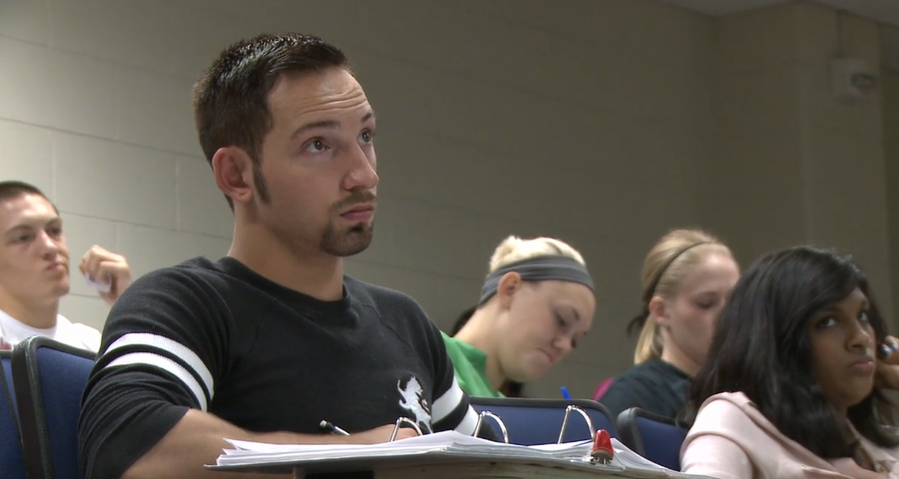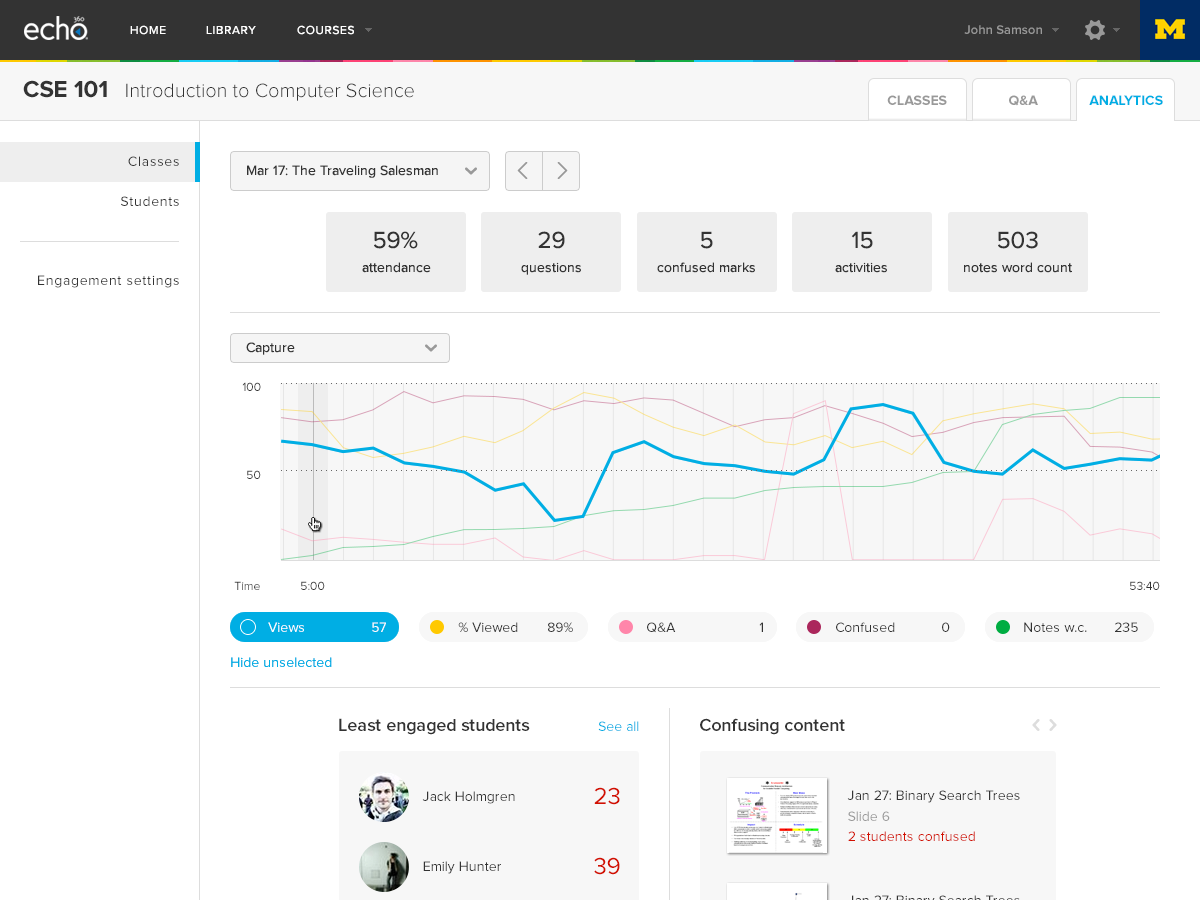Spark Student Curiosity Through Increased Classroom Engagement
The stereotypical classroom, where the instructor drones on in the front and students slump bored in their seats, is not a place where learning takes place. In order for students to learn, they must be engaged in what they are doing, which sparks further curiosity and greater achievement. For today's educational leaders who want to encourage greater curiosity and learning, the key is encouraging greater engagement.
Keys to Increased Classroom Engagement
Engagement gets students excited and curious about what the instructor is presenting. In a recent publication from the Association for Supervision and Curriculum Development (ASCD), educators, responding to a survey, presented four essential goals to reach for in order to achieve increased student engagement. These were:
- Success - Students were engaged when they felt a compelling need for mastery of the subject matter.
- Curiosity - Students were engaged when they felt a driving curiously to understand what was taught.
- Originality - Students were engaged when given the chance to express their own ideas and opinions about what was taught.
- Relationships - Students were engaged when learning involved others and relationships with others.
So what does this mean? It means educators need to tap into these four keys when looking to increase engagement. By doing so, educators will see increased classroom engagement, greater curiosity about the subject matter and better overall performance.
Reaching the Four Keys to Engagement, Practically
These four keys can revolutionize the modern classroom, but for the instructor staring at a class of 20 kids waiting for a lecture, the "how" of the model is where the challenge lies.
Echo360 turns the traditional lecture into something interactive. On their tablets or laptops, students interact with classroom material, explore answers to questions using models and diagrams, answer quiz questions, pose questions or responses of their own and work together with classmates to solve course material with visual helps.
With Echo360, teachers can create a classroom that naturally sparks curiosity, and that curiosity will, in turn, create greater engagement. This will increase classroom performance and overall motivation, creating a stronger learning environment for educators and students alike.



